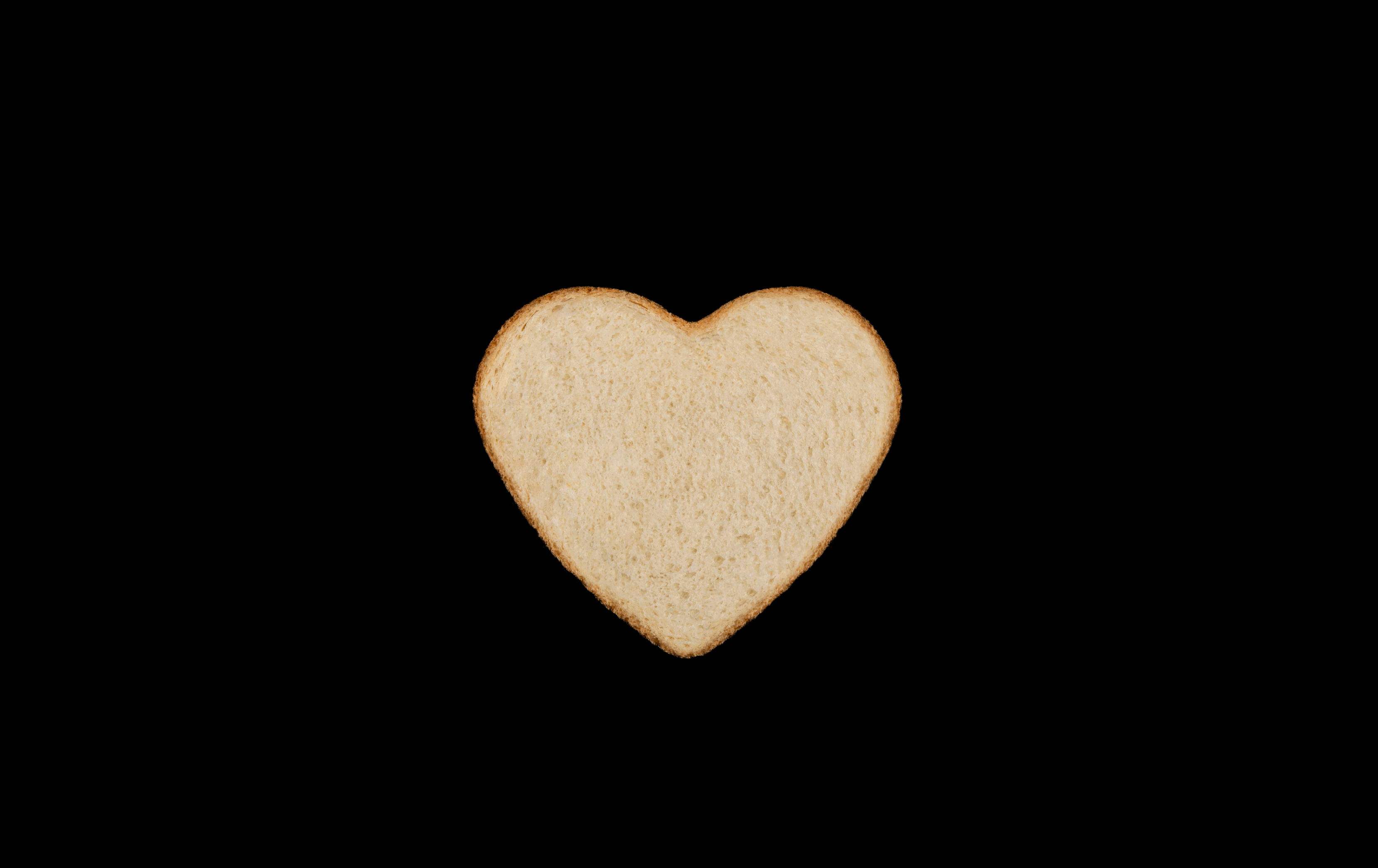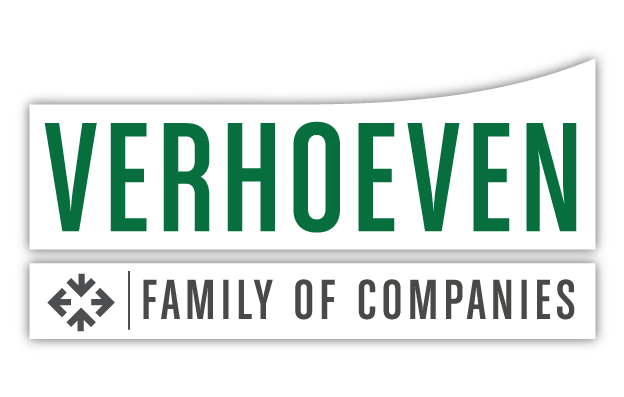
Verhoeven brings Repeatloaf; circularity and ‘no time to waste’
“Make a U-turn if possible.” Chances are you associate this immediately with the navigation in your car, explaining you in a friendly way you have taken the wrong road and the distance to your final destination is growing. The correct route can be found in the opposite direction. The logistics in the bakery most of the time seem to be clearer, despite the possible variety in products and sometimes complicated production steps and infrastructure. Still there is only one direction, incoming ingredients transferred into outgoing end-products during the baking process. However, … since sustainability is one of the major topics in our modern society, the concerns about the tremendous waste of food, especially the volume of waste bread on the plate of our segment, is a huge responsibility we must face and tackle. It is time for a U-turn. Repeatloaf is an initiative taken by the Verhoeven Bakery Equipment Family. The objective is to introduce a true circular solution for waste bread to bakers all over the world. The concept will be introduced at the next Südback Exhibition in Stuttgart, from October 26-29 2024.
No more time to waste
With a growing world population bringing more mouths to feed, a trend towards stronger demand of bread in emerging markets combined with insecurity in the supply chains, it is clear the supply of bread faces multiple challenges and is confronted with the possibilities of serious shortages. Waste bread does not fit in such an environment. Waste is generated by factors such as overproduction, (the fear of empty shelfs) and a short shelf-life in an ultra-fresh demand society. With more than 2 million tons of food never get consumed (according to the WWF) whilst 1 in 10 people are undernourished (FAO 2018), food waste is a costly and sererious factor that should not be underestimated. The production of food that is lost or wasted requires a land area greater than that of China. Bread has the doubtful honor of being the biggest contributor to food waste. On top of that the production
of bread contributes quite substantially to CO2-emission. According to The International Journal of Life Cycle Assessment the carbon footprint results range from 977 to 1,244 g CO2 eq. per loaf of bread. Before we are producing bread, the cultivation of cereal crops requires significant water and energy resources. To produce 1 kg of wheat, between 900 and 2000 liters of water are needed. After this, energy is needed to transport the wheat to mills, grind the grains, and transport the flour to bakeries.
Bread waste is a way in which we are wasting immense resources. To produce 1 kg of bread, it takes more than 1500 liters of water, and the energy consumption for obtaining 1 kg of dough is estimated (depending on the technologies used) to be between 1.3 and 5.5 Megajoule.
Recycled bread helps to reduce the total bread emission and should be taken seriously as part of the solution.
The 17 UN SDG’s (Sustainable Development Goals) include a Sustainable Goal ensuring sustainable consumption and production patterns (SDG12). It is a set goal to reduce food loss and waste with 50% at the retail and consumer levels and reducing food losses along production and supply chains by 2030. EU 2030 goals to lower food waste at both industry (10%) and consumer (30%) levels.
Innovation for impact on a global scale
Innovation is a major key to a more sustainable future, and the bakery market can play a vital role in this changing society. This is the strong belief of the Dutch Verhoeven company. The focus on innovation if based on the impact, can bring to the international bakery market a huge potential. This is one of the reasons the company puts ongoing efforts in the development and introduction of Vacuum Cooling and baking in the international bakery markets. To continue the baking process in a vacuum environment after the core temperature has been reached in the conventional oven, brings substantial sustainable benefits, next to economic advantages:
· The baking time and thus the use of the oven capacity can be diminished up to 40%, which leads to a lower energy consumption and less C02 emission;
· The cooling of the product is triggered during the baking progression in the vacuum room. The process based on natural laws leads to immediate cooling, instead of hours it is diminished to just a few minutes. This prevents the contamination process to develop. In just
three minutes the majority of products are cool enough to be packed, creating circumstances for a longer shelf life, preventing waste.
Verhoeven Bakery Equipment Family
The company has built up its various expertise and experience in the International Bakery market by producing solutions for bakeries on a worldwide scale. The basis for the successful operation of the Dutch Family lies in an open-minded approach of the challenges clients have in setting up new production facilities. This open mind approach leads to surprising and innovative solutions.
The Verhoeven Bakery Equipment Family – part of Verhoeven Family of Companies – is the owner of the brands: BVT-Dough Processing Solutions, NewCap Industrial Handling Solutions, Vacuum Cooling and Baking Solutions and Bakepack End of Line Solutions. Since 2020, these 4 companies are united company with 4 brands. Each brand has its own specialty, but together it is one family living under one roof, a unique proposition. This makes Verhoeven Bakery Equipment Family the specialist in “Turnkey Solutions” in industrial bakeries worldwide. You can find us at both Südback in Stuttgart and Gulfood Manufacturing in Dubai this autumn!
Verhoeven Bakery Equipment Family -> info@verhoevenfamily.com

